Dr Anant Patel, a respiratory consultant and lung cancer specialist at the Royal Free Hospital London, has spent the past few years raising awareness of the impact of air pollution on our health. And while there are steps we can take individually to reduce our exposure, he welcomes city-wide changes such as the expansion of the Ultra Low Emission Zone (ULEZ) across all London boroughs which can help everyone breathe cleaner air.
Lung cancer is the most common cause of cancer death in the UK, killing around 35,000 people in England every year. One in six of those cases are patients who have never touched a cigarette. That’s an estimated 6,000 people dying of lung cancer who have never smoked and new research reveals the role that air pollution may play.
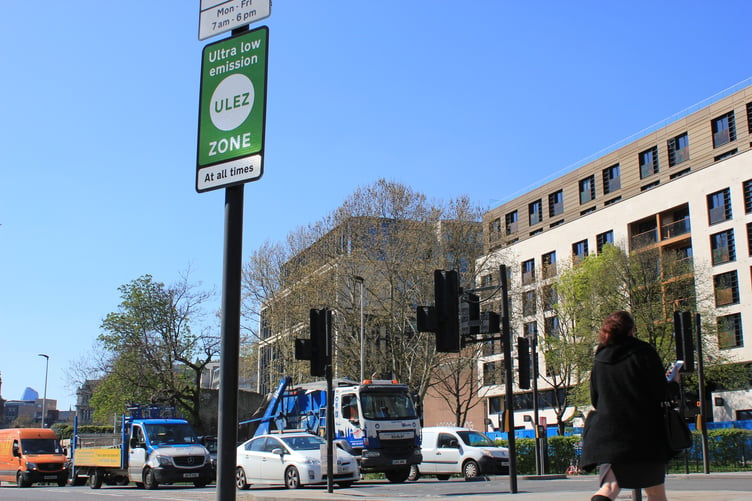
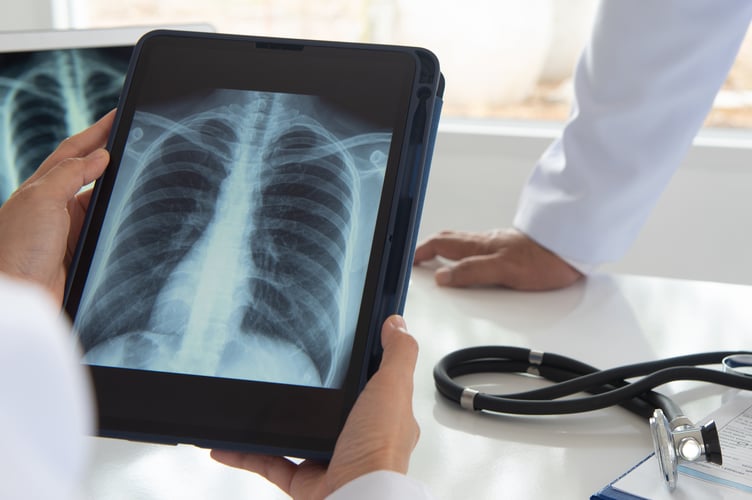
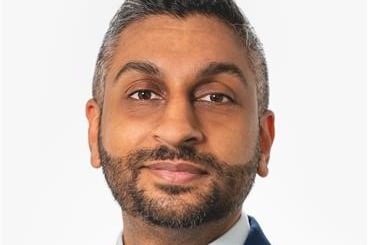
Dr Patel, who says there is one non-smoker lung cancer case a week at the Royal Free’s clinics, warns: “This affects all Londoners – all of us are at risk.”
He continues: “I have been a doctor for 20 years and I hardly remember seeing people at the start of my career who had never smoked developing lung cancer.
“Age definitely does play a part, but lung cancer is affecting people who we would never really suspect it in, so it takes longer to diagnose in someone in whom you don’t expect to see the disease.
“It is really difficult to try to justify what I am saying to patients who have never smoked because they just can’t believe it can be true.”
How air pollution is linked to lung cancer
A study in 2022 demonstrated for the first time how air pollution can cause lung cancer in people who have never smoked.
It found that exposure to tiny particles known as PM2.5 (just 3/100ths the width of a human hair) promotes the growth of cells carrying cancer-causing mutations in the lungs. The study, which examined data from more than 400,000 people, also found higher rates of other types of cancer in areas with high levels of PM2.5.
Cells with cancer-causing mutations accumulate naturally as we age, but they are normally inactive. These scientists demonstrated that air pollution causes inflammation in the lungs that wakes up these cells and encourages them to grow and potentially form tumours.
Nitrogen dioxide, another major air pollutant, can also worsen lung conditions like asthma and chronic obstructive pulmonary disease (COPD).
Helping to educate others
Catching lung cancer early on can dramatically affect patients’ survival rates, but the disease risks being overlooked in younger healthier patients who have never smoked. That is why Dr Patel has been working to help healthcare professionals – as well as the wider population – recognise the impact air pollution can have on the lungs.
“There is a huge vacuum in awareness – we have to overcome that and that is why I have tried to provide education.”
His efforts, including online webinars during lockdown as well as teaching the next generation of doctors about the risks of air pollution, saw him named 2021’s London Public Sector Changemaker of the year.
Expanding the ULEZ to help reduce our exposure
According to Dr Patel, there are individual changes that we can make to reduce our exposure to air pollution such as avoiding the most congested roads and walking away from the roadside. Ultimately, there needs to be action to reduce the source of the air pollution.
“As Professor Chris Whitty has said, this is a solvable problem.
“Banning smoking in public in 2007 had an enormous impact on helping people give up smoking. Expanding the ULEZ will help do something similar, particularly if we can make it easy for people.
“Everything has its challenges, but this has to be a positive move to help us all breathe cleaner air and help prevent people from developing lung cancer.”
About the ULEZ expansion
From August 29, 2023, the Ultra Low Emission Zone will be expanded to create one single zone across all London boroughs, to help clear London’s air and improve health.
Nine out of ten cars seen driving in outer London on an average day meet the ULEZ standards, so their drivers will not need to pay the charge. But if you’re one of the few who drive a petrol vehicle over 16 years old or a diesel vehicle over 6 years old you need to check if you’re affected. The easiest way to check is to use TfL’s simple vehicle checker: tfl.gov.uk/check-your-vehicle
Some disabled drivers and vehicle types may also qualify for a grace period (temporary exemption) from the ULEZ.


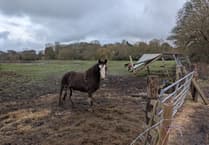
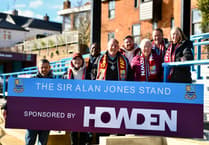
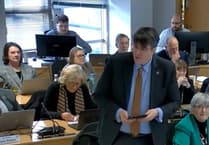
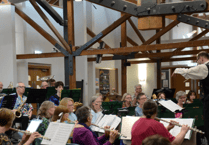
Comments
This article has no comments yet. Be the first to leave a comment.